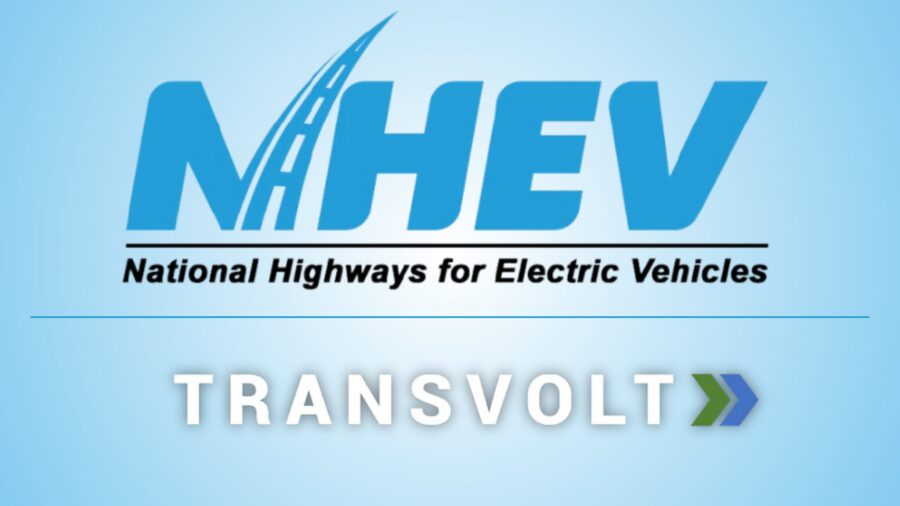Key Highlights
- 1,000 electric trucks to be deployed nationwide across highways and logistics hubs.
- ₹500 crore blended climate finance secured to back deployment.
- PM E-DRIVE subsidies cut upfront truck costs by up to ₹9.3 lakh.
- Trucks to operate in ports, mines, highways, and multimodal freight terminals.
Introduction
India’s clean mobility shift has taken another big leap. On the auspicious occasion of World EV Day 2025, the National Highways for Electric Vehicles (NHEV) and Transvolt Mobility confirmed the commercial deployment of 1,000 electric trucks across key freight routes. What began as a mere technical trial in 2024 has now transformed into one of the country’s largest commitments to zero-emission freight movement.

From Pilot Projects to Nationwide Rollout
The first step was taken on World EV Day 2024, when NHEV launched a trial of electric trucks after earlier pilots with cars and buses on the Delhi–Agra and Delhi–Jaipur electric highways. Over the past one year, multiple layers of technical and financial evaluations were carried out. Operators tested range, charging readiness, and safety, while investors assessed repayment models, insurance, and residual values.
The result is a rollout that goes far beyond expectations: instead of the projected 720–810 trucks, the program has delivered 1,000 units ready for deployment.
Building Confidence Through Financing
A turning point came on 1st August 2025, when NHEV launched a ₹500 crore climate finance instrument to support truck adoption. This was complemented by:
- $20 million equity investment from the International Finance Corporation (IFC) in Transvolt Mobility.
- $57 million Viability Gap Funding (VGF) under NHEV to bridge cost challenges.
- A broader ₹3672 crore credit outlay from HDFC Bank, ensuring adequate capital backing.
These financial pillars not only reduced risks for investors but also made the case for long-term viability of electric freight fleets.
Lower Costs, Higher Confidence
Heavy-duty diesel trucks have long been key contributors to surface transport emissions. The government’s PM E-DRIVE scheme has now included electric trucks, offering subsidies of ₹2.7–9.3 lakh per truck.
Additionally:
- Average truck costs are expected to drop from ₹1.25 crore to ₹90 lakh.
- Logistics operators could achieve 10% lower costs compared to diesel fleets.
- Faster trials and leasing options will encourage PSUs, corporations, and port operators to transition.
Trucks Ready for Real-World Applications
The first batch of 1,000 trucks, owned and operated by Transvolt Mobility, will:
- Serve construction projects, mines, shipyards, and ports.
- Connect Gati Shakti Cargo Terminals (GCTs) and key highways.
- Transport commodities including cement, coal, automobiles, foodgrains, fertilisers, steel, furniture, and petroleum products.
This diversified deployment ensures electric trucks are not confined to highways but actively integrated across India’s industrial and logistics backbone.
Conclusion
The deployment of 1,000 electric trucks is more than a symbolic achievement — it is a proof of concept that large-scale electrification of freight is already underway in India. Backed by policy incentives, climate financing, and industry commitment, NHEV and Transvolt’s partnership has set a benchmark for future collaborations. As costs fall and infrastructure expands, the vision of a cleaner, zero-emission freight ecosystem is no longer distant — it is already hitting the road.

